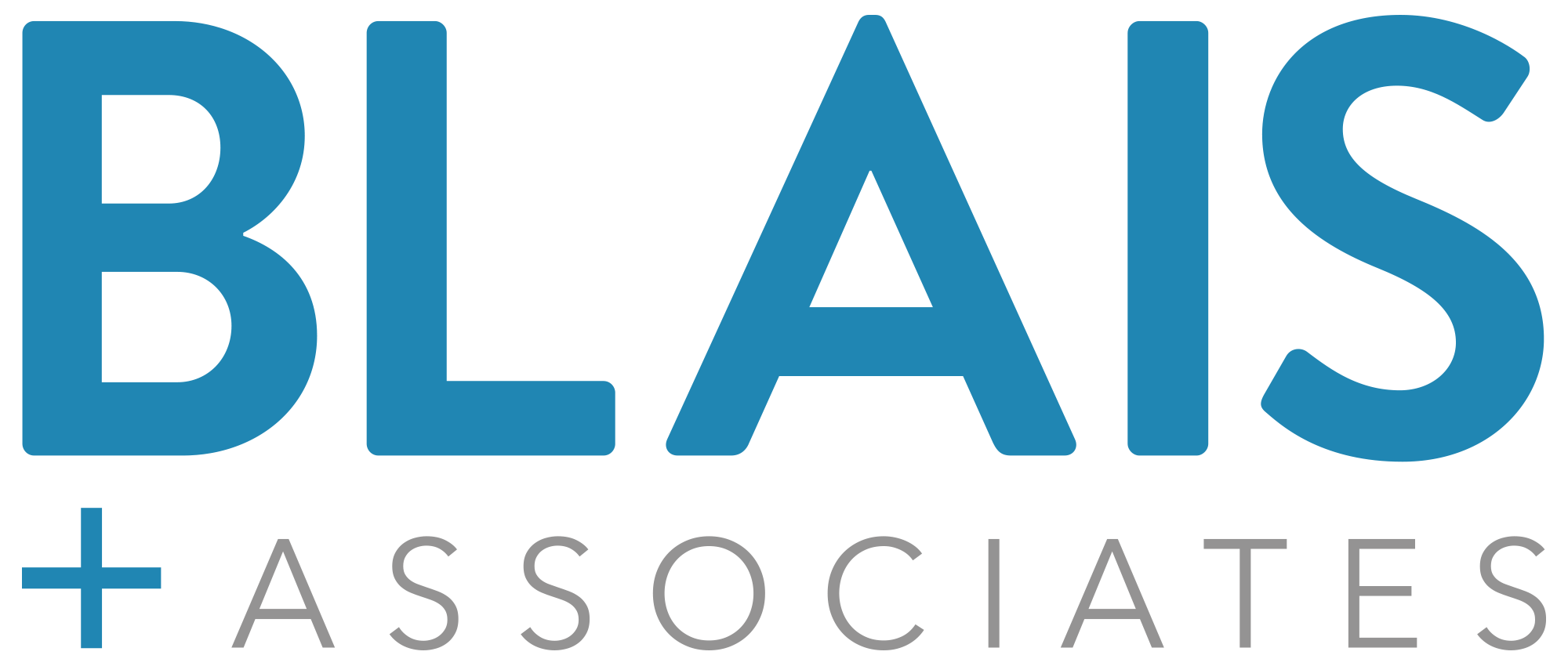Maximizing your leadership potential requires you to invest in the growth and development of those around you. One powerful approach to achieving this is by adopting a more coachlike attitude. A coachlike approach can help you develop and empower your team, foster their autonomy, and ultimately drive better results. In this blog post, we will explore three core behaviors that will enable you to become more coachlike: being more curious, actively listening, and asking good open-ended questions.
Being More Curious
To be more coachlike, it’s crucial to nurture your curiosity. Curiosity is the foundation upon which effective coaching is built. When you approach situations with a genuine desire to understand, you create an environment that encourages openness and trust.
Being curious involves:
- Seeking to Understand: Take a sincere interest in others’ perspectives, experiences, and ideas. When faced with a problem or a challenging situation, instead of immediately offering solutions, ask yourself, “What can I learn from this? What are the underlying factors at play here?”
- Suspending Judgment: Avoid jumping to conclusions, making assumptions, and giving advice. Recognize that there might be more to the story than what’s apparent on the surface. Embrace ambiguity and be willing to explore different viewpoints.
- Embracing a Growth Mindset: Believe that individuals can develop and grow over time. Encourage your team members to view mistakes as opportunities for learning and improvement rather than as failures.
Actively Listening
Effective coaching begins with active listening. This means more than just hearing words; it involves fully engaging with what the other person is saying and demonstrating that you value their input.
Actively listening entails:
- Giving Your Full Attention: Put away distractions and make a conscious effort to be present in the moment. Maintain eye contact, nod in agreement, and use verbal and non-verbal cues to show that you are actively engaged in the conversation.
- Empathizing and Validating: Understand that emotions play a significant role in communication. Show empathy by acknowledging and validating the feelings and concerns of the other person. This helps build trust and rapport.
- Avoiding Interrupting: Resist the urge to interrupt or finish the other person’s sentences. Let them express themselves fully before responding. This demonstrates respect for their thoughts and ideas.
Asking Good Open-Ended Questions
Powerful coaching conversations are fueled by well-crafted open-ended questions. These questions encourage reflection, exploration, and problem-solving, leading to more meaningful discussions.
When asking open-ended questions:
- Begin your questions with “What,” “Who,” “Where,” “When,” or “How.” These words invite deeper thinking and elicit more detailed responses. For example, instead of asking, “Did you like the project?” you can ask, “What aspects of the project did you find most engaging?”
- Avoid “Why” Questions: “Why” questions can sometimes be perceived as judgmental or accusatory, they may put people on the defensive. Instead of asking, “Why did you make that decision?” consider framing it as, “What led you to choose that course of action?”
Every Conversation is a Learning Opportunity
Remember that every interaction you have with your team members is an opportunity for growth, both for you and for them. By embracing curiosity, active listening, and open-ended questions, you can transform everyday conversations into coaching moments that foster personal and professional development.
As a leader, your ability to be more coachlike not only benefits your team but also contributes to a positive and empowering work environment. So, commit to these core behaviors, and watch as your leadership potential reaches new heights, and your team flourishes under your guidance.

